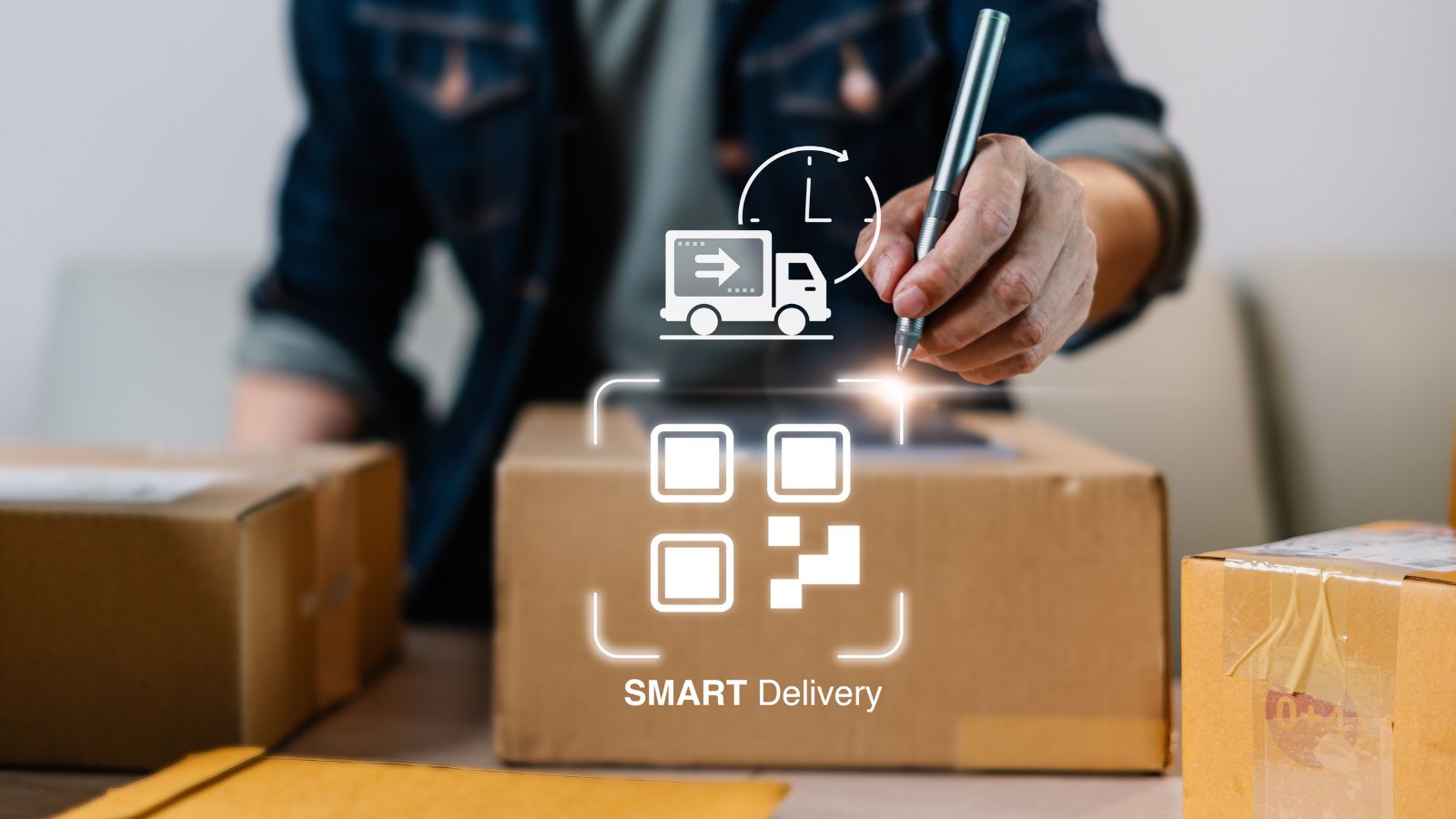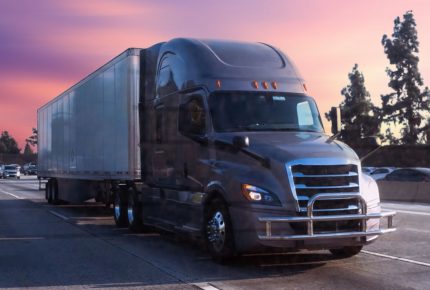Sustainability Initiatives Transforming Logistics Operations

Sustainable logistics is reshaping operations by reducing environmental footprints and improving energy efficiency. Companies are adopting new technologies and practices like fleet electrification, smarter resource use, and eco-friendly packaging. These efforts lower carbon emissions while cutting costs and meeting stricter regulations.
Logistics firms face growing pressure to balance operational needs with sustainability goals. This challenge drives innovation as businesses collaborate and explore cleaner transportation options, transforming how goods move globally and making supply chains greener and more resilient.
By focusing on sustainability initiatives, logistics operators can better serve customers and protect the planet. The shift toward greener practices is not just a trend but a necessary evolution for the future of logistics.
Sustainability Initiatives Transforming Logistics Operations
Green Transportation Methods
Green transportation focuses on reducing emissions through cleaner fuels, route optimization, and improved load efficiency. Many logistics firms use alternative fuels like biodiesel or natural gas to lower carbon output.
Route optimization software reduces unnecessary miles traveled, improving fuel efficiency and minimizing pollution. Combining shipments and improving vehicle capacity also lead to fewer trips. In some regions, companies are shifting to rail or ships for long-distance freight to further cut emissions per ton of cargo moved.
Energy-Efficient Warehousing
Warehouses consume significant energy for lighting, heating, and cooling. Energy-efficient warehouses use LED lighting, motion sensors, and better insulation to cut power use.
Automation tools like smart HVAC systems adjust temperatures only when needed, while solar panels installed on warehouse roofs provide renewable power. Storing inventory efficiently reduces equipment run time, and energy monitoring helps track performance and identify improvements.
Fleet Electrification for Sustainable Logistics
Replacing diesel trucks with electric vehicles (EVs) is a growing priority in sustainable logistics. EVs reduce greenhouse gas emissions and improve long-term efficiency.
Companies are investing in charging infrastructure, battery technology, and route planning tools to support EV fleets. Many start with electric delivery vans in urban areas, with heavy-duty trucks next as technology advances.
Sustainable Packaging Solutions
Sustainable packaging reduces waste by using eco-friendly materials, reusable containers, and optimized sizing. Modular packaging systems minimize excess materials, and recycled content helps maintain circular supply chains.
Effective recycling programs ensure packaging avoids landfills, aligning with circular economy principles and reducing emissions throughout the supply chain.
Technology-Driven Innovations
Technology enables logistics companies to enhance efficiency and sustainability through automation, IoT, and data analytics.
Route Optimization Software
Modern route optimization software determines the most efficient delivery paths, reducing fuel use and emissions. It accounts for vehicle type, load weight, delivery windows, and road conditions.
This technology adapts quickly to changes in schedules or delays and supports EV route planning by factoring in charging stops and range limits.
Automation for Resource Efficiency
Automation in logistics uses machines and software to perform tasks with minimal human input. Robotic warehousing improves accuracy and reduces energy use. Automated systems also streamline load management and fuel efficiency.
These tools analyze data to reduce waste, minimize errors, and enhance sustainability across operations.
IoT and Real-Time Monitoring
Internet of Things (IoT) devices collect data from vehicles and warehouses to monitor fuel consumption, equipment health, and shipment status. Real-time tracking allows faster responses to issues, minimizing downtime and inefficiency.
IoT also promotes safer, fuel-efficient driving and greater supply chain transparency, helping companies reduce their carbon footprint.
Collaborative and Circular Approaches
Sustainability in logistics thrives through collaboration and circular economy practices, emphasizing reuse, resource sharing, and waste reduction.
Reverse Logistics Programs
Reverse logistics moves products back through the supply chain for reuse, repair, or recycling. Take-back programs let customers return products for refurbishment or proper disposal, conserving materials and reducing landfill waste.
These initiatives require transparent tracking and partnerships with recyclers to ensure efficiency and accountability.
Multi-Stakeholder Partnerships
Collaboration between suppliers, manufacturers, and communities drives innovation in sustainable logistics. Shared resources and knowledge accelerate the adoption of green technologies and circular solutions while strengthening supply chain resilience.
Sharing Economy Models
Sharing economy models improve efficiency by maximizing the use of logistics assets such as trucks and warehouses. Digital platforms connect partners to share capacity, reducing idle time and emissions while cutting costs.
Measuring and Reporting Sustainability Impact
Tracking sustainability progress requires clear, measurable data. Reporting ensures transparency, guides decision-making, and builds trust among stakeholders.
Key Environmental Performance Metrics
Common metrics include carbon emissions, facility energy use, packaging waste, fuel efficiency, water consumption, and renewable energy usage. Monitoring these indicators helps companies set goals, evaluate progress, and identify improvement opportunities.
Compliance with Environmental Standards
Meeting environmental regulations is essential. Logistics providers follow emission, waste, and safety standards from local and international agencies. Many align with frameworks like the Global Reporting Initiative (GRI) or the Sustainability Accounting Standards Board (SASB) to ensure consistent, transparent reporting.
Maintaining accurate documentation and audits reinforces credibility and supports long-term sustainability commitments.
Nationwide Freight Brokerage & Logistics Services
At The Junction LLC, we provide tailored freight brokerage solutions to meet the evolving needs of businesses across industries
Trucking & Freight Shipping Services:
-
- Overweight,
-
- Over-dimension
-
- Time-sensitive shipments
-
- LTL (Less-Than-Truckload)
-
- FTL (Full Truckload)
-
- Flatbed
-
- Flatbed LTLRGN (removable gooseneck lowboy)
-
- RGN (removable gooseneck lowboy)
-
- Maxi’s / A-Train / B-Train
-
- Heavy Haul
-
- Over Dimensional
-
- Dry Van
-
- Dry Van LTL
-
- Refrigerated
-
- Refrigerated LTL
- Power Only
Nebraska Warehouse One-Stop-Shop | TechnologyEnabled 3PL Value-Added Services Warehouse | Freight Broker | Logistics
Nebraska Warehouse doesn’t just help to facilitate your shipments, but we are truly a one-stop-shop solutions provider. Our services include:
Latest News
The latest information about our Omaha storage warehouse services








